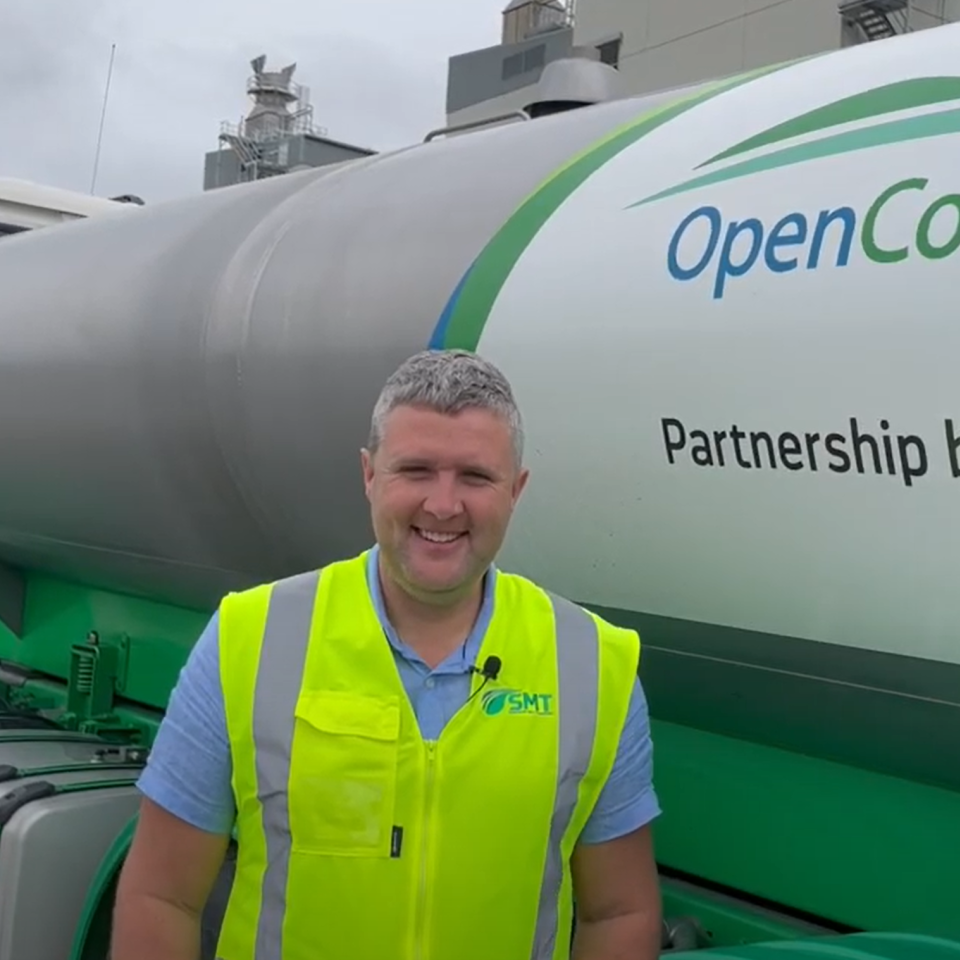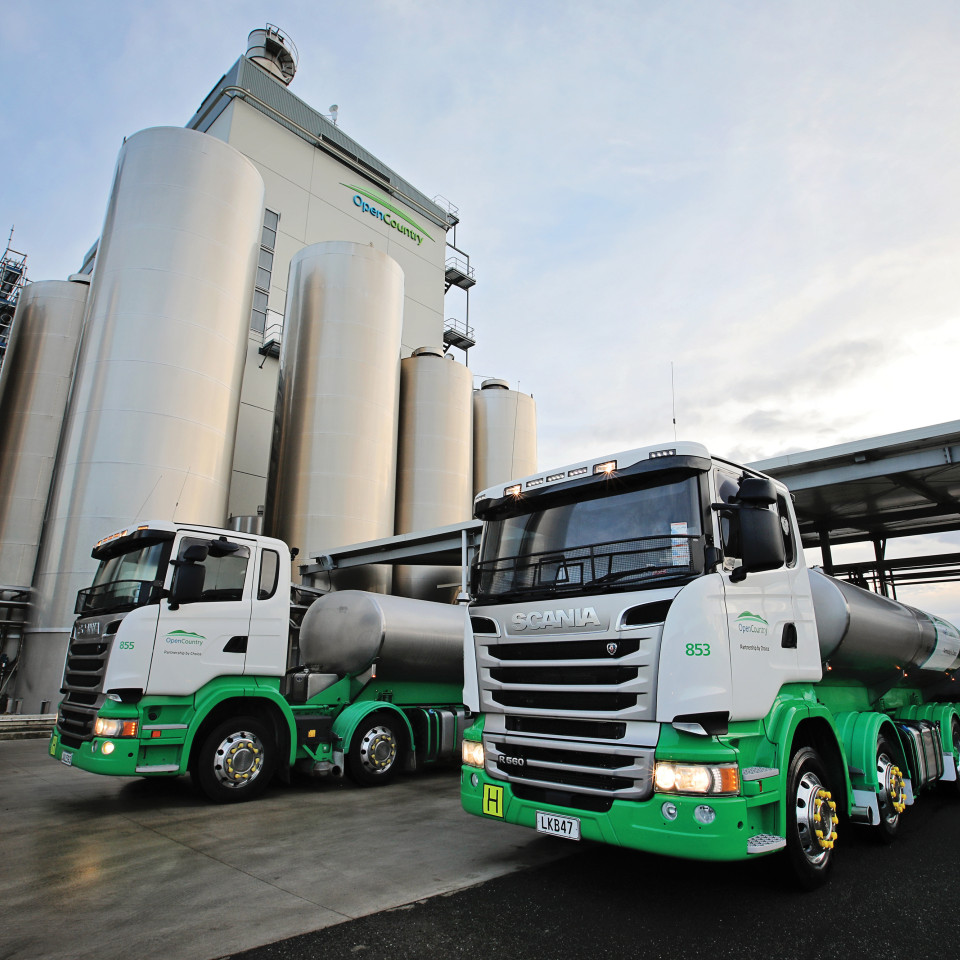Open Country Drives Sustainably
Open Country transported billions of litres of milk from suppliers’ farms to its factories around New Zealand last season. That meant a lot of travelling for the company’s transport operators, whose job is to deliver the precious milk to the right place at the right time.
With that in mind, Open Country National Transport Manager, Brett Hamilton, says it makes sense for Open Country to use the most sustainable transport options possible.
The company is transitioning its tanker fleet to the new Euro 6 model of truck, in keeping with its company policy, and to improve its environmental footprint by creating fewer emissions and improve fuel efficiency by using less diesel.
“The dairy industry is an extremely important part of the global food chain and the New Zealand economy, and every avenue of that industry needs to look towards embracing the best technology to reduce our carbon footprint,” says Brett.

